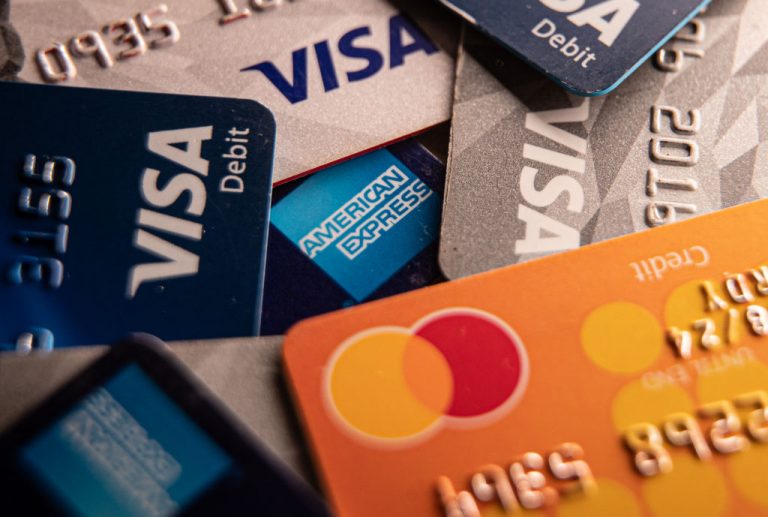In March, U.S. credit card debt reached a record-high $52.4 billion, a trend that is supporting consumer spending briefly, but is bound to lead to serious consequences, analysts fear.
While revolving credit rose by 21.4 percent, non-revolving credit increased by 6.1 percent at an annual rate in March, the Federal Reserve reported.
Overall, consumer credit grew by 14 percent over the same period, while at a seasonally adjusted annual rate, it increased by 9.7 percent during the first quarter.
The alarming data was reported by ZeroHedge as the outlet chastised Goldman Sachs analyst Jan Hatzius who commented on the latest astronomic hike in the revolving—i.e., credit card related—credit rate as published by the Federal Reserve.
U.S. consumers are “already relying on leverage to some extent to fund their spending,” Hatzius said on May 17 on Bloomberg TV.
Success
You are now signed up for our newsletter
Success
Check your email to complete sign up
“Borrowing is going to be a short-term driver of spending, and I think has been to some degree already,” Hatzius added.
Last year’s predictions
As the outlet noted, Hatzius’s words were in stark contrast with his predictions in October of 2021 when he said he expected American consumers’ “pent-up” savings, fueled by COVID helicopter money, would pull the economy out of the bog.
ZeroHedge, however, didn’t buy what Hatzius was hawking, contending instead that last year’s credit card frenzy wasn’t fueled by confidence in the economic situation, but rather out of despair, stating, “For the middle class any ‘excess savings’ are now gone, long gone.”
According to the publication, this was why the bank scrapped its Gross Domestic Product (GDP) analysis for the first three quarters of 2022.
On Wednesday’s Bloomberg show, Goldman’s chief economist struck another note when he at least admitted that “consumer spending is going to be relatively slow. Income is going to be quite weak in 2022.”
Hatzius kept erring on the positive side, stating that credit card spending has gone up.
Not only is credit card spending up, many homeowners have also realized an uptick in mortgage-equity withdrawal, which is a hopeful sign—according to Hatzius—because more credit will bolster consumer demand.
A matter of time
On the other hand, ZeroHedge issued a reality check: unbacked credit card spending and equity leverage only mean people are in their last attempt to make ends meet, and the consequences of what comes after the credit is exhausted is just a matter of time.
Hatzius, too, acknowledged this possibility, admitting that consumers’ trust in revolving credit “supports spending in the short term but ultimately is not going to be a sustainable source of big increases in spending.”
MORE ON DEBT AND SPENDING:
- Overspending? How To Get Your Finances Under Control
- More Bad News for Consumers: Visa and Mastercard Will Hike Merchant Fees In April
- Nearly Half Of Americans Earning Over 100k Living Paycheck-to-Paycheck, Report
- The Understated, Yet Massive Power of Asset Management Firms BlackRock and Vanguard
- PCE Inflation at Highest Level in 4 Decades
“So it builds in a slowdown, sort of down the road,” Hatzius added, before continuing on a more somber note, “Once credit levels have normalized and households can no longer grow credit at a higher than normal pace, we see potential for binding credit constraints to subtract up to 2% from the level of PCE (Personal Consumption Expenditures).”
Even Hatzius agreed the crisis would be heralded by the housing market crash, which, ZeroHedge argued, is something you can set your watch to given the astronomical mortgage figures.
“The consequences are dire as they confirm—once again—that the Fed is tapering, QTing and hiking right into a consumer-driven recession which was not visible until new precisely because of all the credit-card fueled spending,” the outlet stated.















